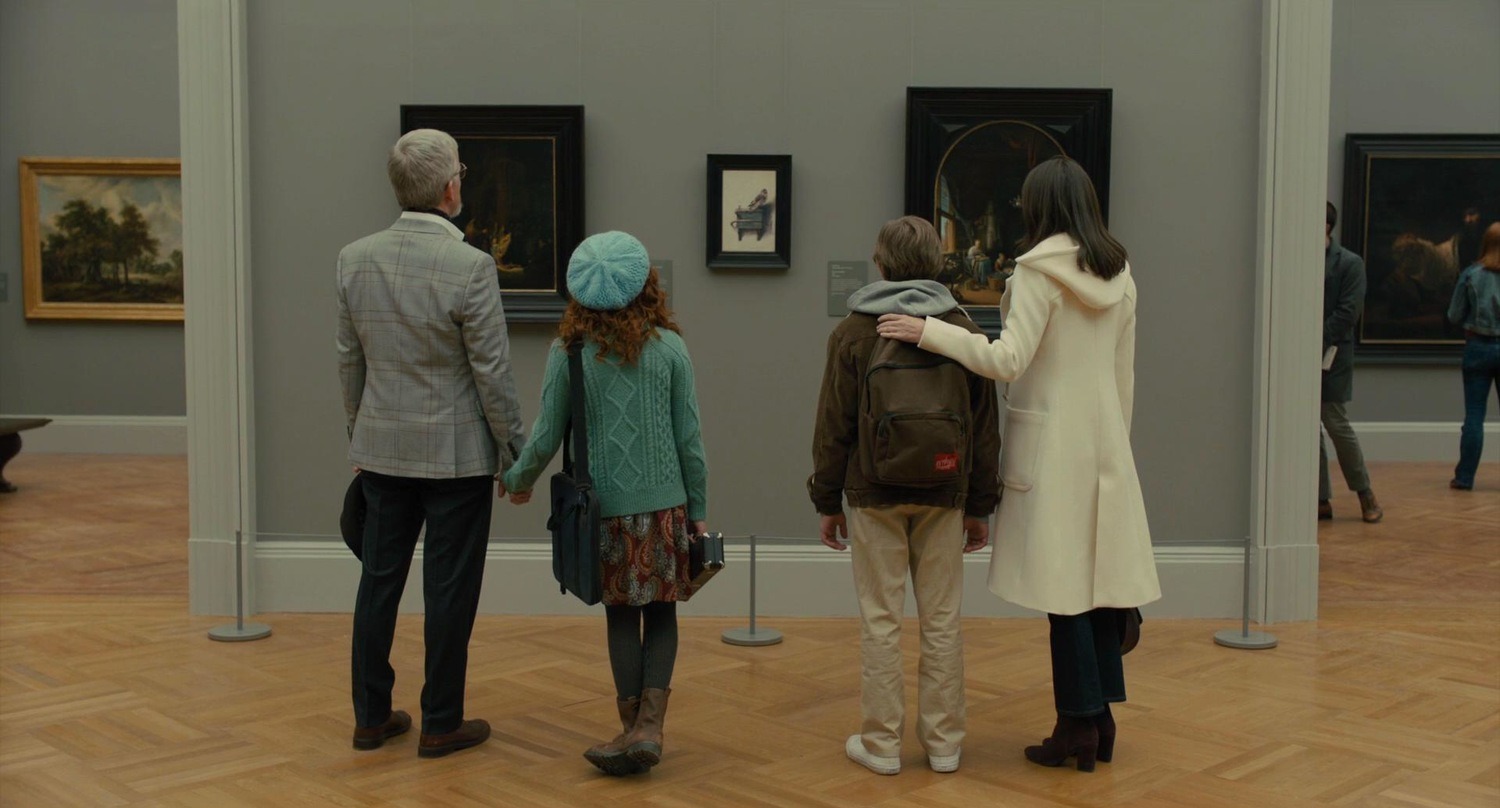Are we protecting our offspring’s ears enough? On the occasion of National Hearing Day, the IFOP was asked to carry out an important survey to evaluate the state of hearing health of the youngest and their parents’ knowledge of the subject. The results reveal that a large number of children under ten already suffer from hearing problems. Problems that their parents manage to detect, without however taking full measure of the role of noise pollution.
More than 600,000 children suffer from deafness
Today in France, 1.3 million children under 10 have already consulted a tinnitus professional. According to the survey released for National Hearing Day, 660,000 children under ten are affected by moderate to severe hearing loss.
Overall, parents are attentive to their children’s hearing problems: 70% of them believe they can identify a language comprehension problem and 84% of children under ten have benefited from hearing screening. Furthermore, 55% of parents have already consulted an otolaryngologist for otitis (31%), pain (31%) or earwax plugs (23%), all discomforts that can lead to deafness. Approximately 30% of consultations were directly related to a hearing disorder causing difficulty speaking or tinnitus. More concerning, 44% of children who consulted an otolaryngologist were diagnosed with hearing loss, requiring hearing aids in 2% of cases.
Poorly identified causes of hearing impairment
Although parents are attentive to their children’s hearing and are happy to consult them in case of doubt, they have difficulty establishing a link between noise pollution and hearing impairment. The harmful effects of noise are identified as tiring (55%), compromising the quality of sleep (47%) and causing restlessness (44%), but only 33% of parents measure its impact on hearing and 31% on tinnitus. Furthermore, 40% declare that their child under ten listens to between 1 and 4 hours of music a day via headphones or earphones, devices that are not suitable for children’s ears.
Not surprisingly, the causes that generate the most concern are high-profile causes: digital or school bullying worries 63% of parents, 61% fear environmental impacts and 58% fear screen addiction. However, only 32% are concerned about the potential risks of deafness and tinnitus.
Half of the families feel that they are poorly informed on this topic. The measures put in place by public authorities are only known by 29% of parents, while 76% of them see them as a major cause of health, to be promoted in the same way as exposure to screens.
Why does noise cause hearing loss?
These disturbances are often attributable to noise pollution, as explained by Cécile Parietti-Winkler, president of the French otorhinolaryngological school in an article on Parisian :
Each time, this repeated exposure will cause small cell damage to the ear sensor which will be minimized by an offsetting phenomenon. The tests will show no hearing problems in the child. We’ll see the damage later.
Cécile Parietti-Winkler, Le Parisien, 2 March 2023
Sounds that are too loud damage the sensory cells located in the inner ear. These cells translate sound vibrations into electrical signals so they can be processed in the understanding area of the brain. Without these cells, the vibrations can no longer be interpreted. As for tinnitus, it is in a sense “ghost sounds” emitted by the brain to compensate for this hearing loss.
Earphones, headphones and loud concerts are dangerous sources of noise for children’s fragile ears, and should therefore be used sparingly.
Source: Madmoizelle
Mary Crossley is an author at “The Fashion Vibes”. She is a seasoned journalist who is dedicated to delivering the latest news to her readers. With a keen sense of what’s important, Mary covers a wide range of topics, from politics to lifestyle and everything in between.





